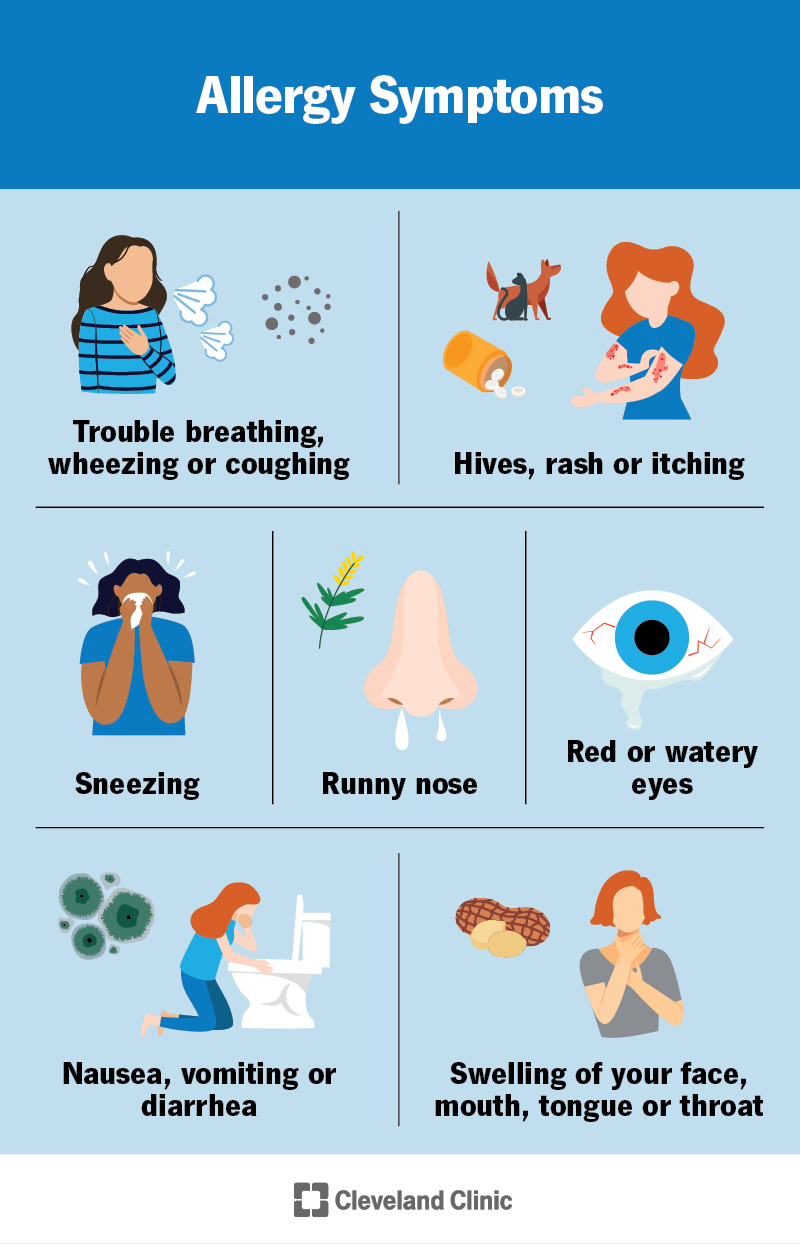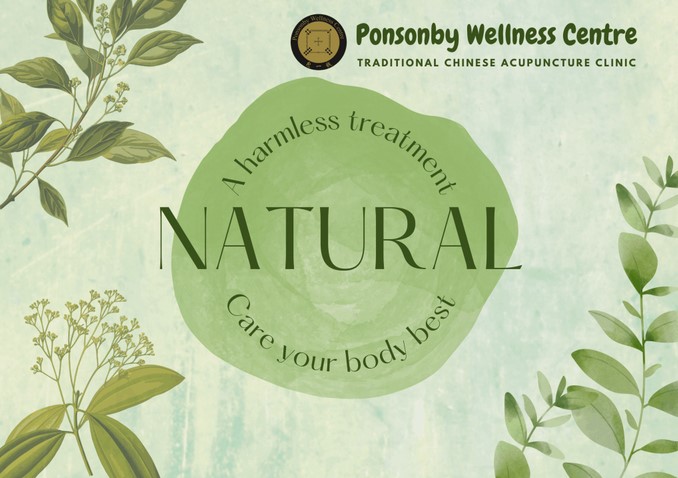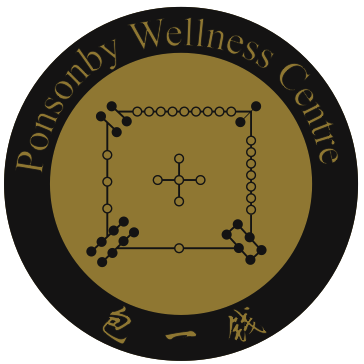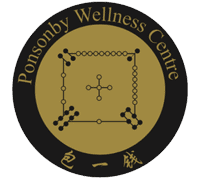Seasonal Allergies and Acupuncture
As New Zealand enters Spring, blossoms and fresh blooms for many bring itchy eyes, sneezing, runny noses, and fatigue. Seasonal allergies (also known as hay fever) affect millions worldwide and can significantly disrupt daily life. While antihistamines and nasal sprays are commonly used for relief, an increasing number of people are seeking natural, holistic alternatives. Therapies that continue to gain attention are acupuncture and Chinese herbal medicine.

What Are Seasonal Allergies?
Seasonal allergies occur when the immune system overreacts to allergens such as pollen, dust, or mould. This triggers the release of histamine, leading to inflammation of the nasal passages, watery eyes, sneezing, and fatigue. Symptoms often peak during spring and autumn, when pollen counts are at their highest.

How Acupuncture Helps With Allergies
Acupuncture, a key component of Traditional Chinese Medicine (TCM), works by stimulating specific points on the body with fine needles. From a TCM perspective, allergies arise from an imbalance in the body’s energy (Qi), often linked to weakened lung and spleen systems or excess “wind.” Acupuncture aims to restore balance and strengthen the body’s natural defences.
Acupuncture may help by:
- Reducing inflammation: Studies suggest that acupuncture can lower pro-inflammatory markers that contribute to nasal congestion and irritation, thereby reducing nasal symptoms such as sneezing and itching (Li et al., 2021).
- Modulating the immune system: Acupuncture may regulate immune responses by modulating immune cells, which in turn reduces hypersensitivity to allergens (Qu et al., 2025)
- Improving circulation: Enhanced blood flow can reduce sinus pressure and relieve congestion (Dong et al., 2024)
- Relaxing the nervous system: Stress can worsen allergy symptoms; acupuncture encourages relaxation and parasympathetic activity (Acupuncture & Holistic Health Associates, 2025)
Overall, acupuncture may naturally control allergy symptoms and reduce the reliance on antihistamines.
Why reduce reliance on antihistamines?
long term use of antihistamine can lead to intolerance (it becomes less effective) and dependence (the body becomes necessary to take antihistamine to function normally).

Herbal Medicine for Seasonal Allergies
Alongside acupuncture, TCM practitioners often prescribe herbal medicine to address both the root cause and acute symptoms of allergies. Herbs are blended into formulas designed to strengthen the immune system, clear “wind” (sneezing, itching), and dry dampness (congestion, runny nose).
At Ponsonby Wellness, herbal formulas are personalised and made to be taken as teas, which is much more convenient than cooking raw herbal materials.

The Power of Combining Acupuncture and Herbs
While acupuncture provides quick relief by opening nasal passages and calming the immune response, herbal medicine works more gradually to build resilience and prevent future flare-ups. Together, they create a comprehensive approach that supports both immediate comfort and long-term wellness.

A Complementary Approach
Acupuncture is not meant to replace emergency allergy treatments (like epinephrine for severe allergic reactions), but it can be an effective complement to conventional care. Many patients combine acupuncture with lifestyle strategies, such as reducing allergen exposure, maintaining a healthy diet, exercise and practising stress management.
What would the overall holistic allergy relief approach look like:
| Acupuncture | 2-3 sessions a week (depends on individual status; this will be discussed with your practitioner) |
| Herbal medicine | If necessary, the practitioner will prescribe herbal medicine that needs to be taken daily. |
| Diet | More focus on anti-inflammatory foods and less dairy and sugary foods. |
| Stress management | Incorporate 10-15 minutes of meditation or deep breathing. |
| Exercise | Encourage light to moderate activity, 3-4 times a week at low pollen times, such as early morning or late evening (walking and yoga, etc) |
Read more:
Read more about acupuncture and inflammation: how it reduces inflammation here
Contact Us
You can also book an appointment with our expertise acupuncturist here
Contact us via:
phone number: 021 2159963
email address: ponsonbywellness@gmail.com
Our Location
57 Sussex St,
Ponsonby
Auckland 1021


